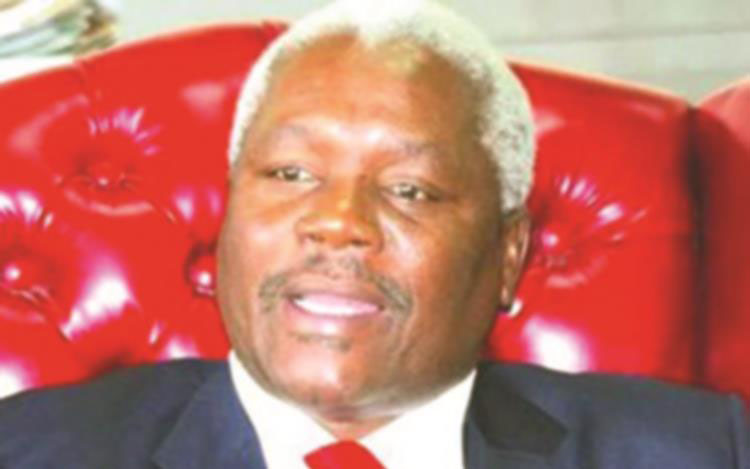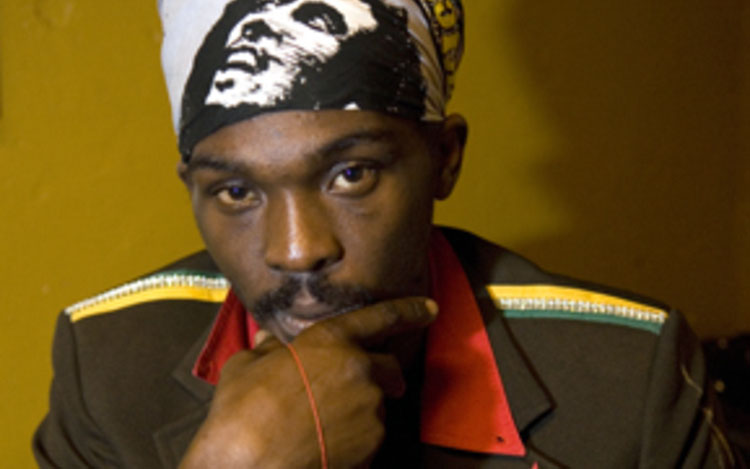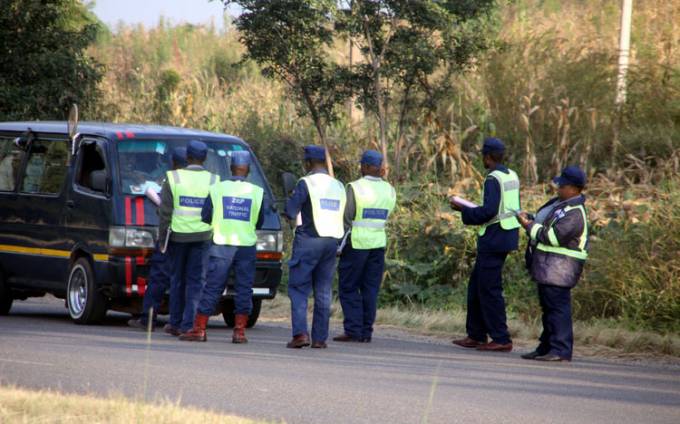Name and shame corrupt traffic cops

Isdore Guvamombe Reflections
BACK in the village, in the land of milk, honey and dust or Guruve, these days walls do not only have ears, they now see. To our ancestors be the glory!
At Zimpapers there are two sons of Guruve, who are gifted scribes – the controversial Garikai Mazara and this villager. Suffice to say, we are not the best of friends, though, but we go along well when we bump into each other. Consumers of our content are there to judge who is the better word- smith.
For the past two years, the two of us have, without coordination, picked stories about the brazenly uncivil behaviour and corruption in the police traffic section. I remember the two of us writing – separately – about how irretrievably impossible it was to reconcile owning a car and relating well with the traffic police in Zimbabwe.
We started as lone voices pointing out unprofessional conduct, guerilla-tactic roadblocks, money-snatching stunts and the unbelievable number of roadblocks on our roads until scribes across the divide joined in and the matter turned into a national anthem.
We noted with horror as the number of roadblocks, or whatever the semantics defining police presence on the roads, outnumbered the number of cars. Every street corner, every road and little everywhere else, it was police. We wrote and rewrote about it.
This week, a parliamentary portfolio committee was shocked by what Home Affairs Minister Dr Ignatius Chombo and his deputy Obedingwa Mguni revealed. It actually vindicated us. The traffic section is the epicentre of corruption, Parliament was told.
They confirmed there is actually a stampede by social and political bigwigs to have their children and relatives transferred to the traffic section because it has been identified as a money spinner.
Small boys and girls, some of whom, have never driven a car, let alone owned one, are crying to be in the traffic section, so that they can make money. This is brazen corruption.
Instead of the country making revenue from traffic offenders, the boys and girls are instead making money at road- blocks.
Glory be to my ancestors!
Checkpoint vs Roadblock
Back in the village, Karitundundu, the ageless village autochthon of wisdom and knowledge, would say, no matter how long the night, the sun will eventually rise. It has risen.
Members of Parliament – themselves the vanguard of our Legislature – approaching a whole Government minister to position their relatives where they can practise corruption? Why not name and shame them Cde Minister? Why not? Name them.
Meanwhile, this villager, the son of a peasant, is saddened by the way the Ministry of Home Affairs is trying to play around the issue of the number of roadblocks on our roads. We do not need semantics but physical reduction of police presence on our roads.
The ordinary Zimbabwean does not know and need not know the difference between a roadblock and checkpoint. All we worry about is coming across 14 police stops within 100km on the highways. All we worry about is coming across six police stops from Glen View to the city centre.
This villager was recently in Madrid, Spain, and trudged the length and breadth of that city day and night and never saw a policeman in a week. I doubt if spikes exist in that country. But in Zimbabwe, spikes are all over. Whoever makes them is making a killing!
It will be interesting to know, who makes them and at what cost?
Imagine a tourist from Madrid coming to Zimbabwe and experiencing five police checks between Harare International Airport and his hotel? Imagine him driving to Victoria Falls and encountering 40 police stops in a day? Imagine the Zimbabwean driver of that tourist explaining the difference between a roadblock and checkpoint? It is all horrible and unpalatable.
Finally, a friend of mine drove some tourists from Harare to Victoria Falls and by the time they got to Kadoma, the tourists were clapping hands if they went past police unstopped. How embarrassing? They had been stopped 11 times between Harare and Kadoma, just 150 km and started paying attention to each police stop.
In Kwekwe they were shocked when the driver was asked to switch on the vehicle lights at 10am and one of the not-so-amused tourists asked embarrassingly: “Does the sun here just switch off anytime? In our world it sets slowly as scheduled! We know when night falls and we put on our lights.”









Comments